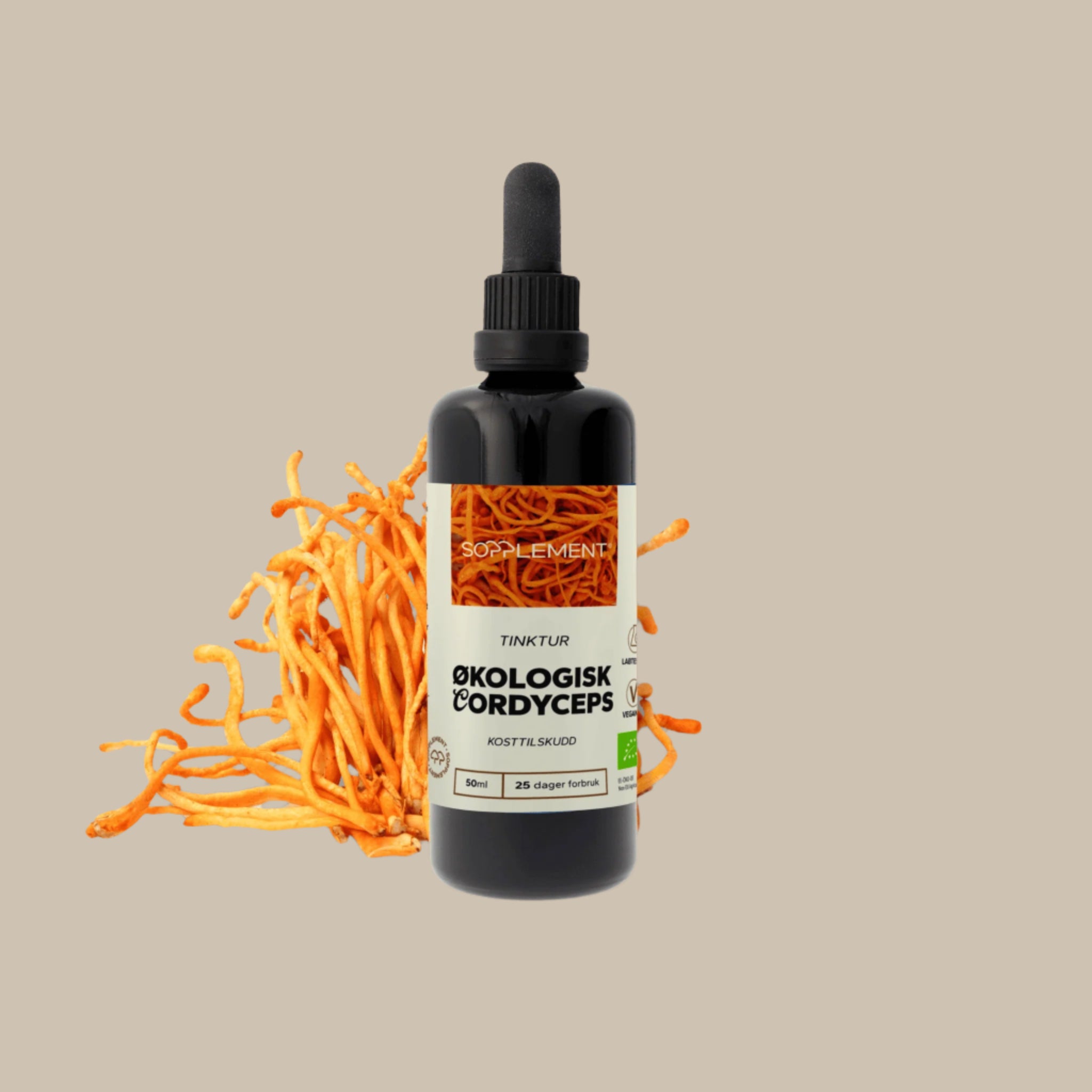
What is functional nutrition?
Functional nutrition is a term that describes foods that have documented or claimed health-promoting effects beyond basic nutrients .
Nutrition and body functions
Historically, dietary regulation has been one of the most important measures to prevent disease. In several cultures, food has been a medicinal tool to balance body and mind.
In traditional Chinese medicine, food was selected and prepared based on season and energy needs. In the Ayurvedic tradition , the properties of food – hot or cold, light or heavy – were considered and how these affected the body's internal systems.
Food was largely the first line of treatment , and illness was often seen as an expression of imbalance – something that could be corrected with the right nutrients.
The body as a self-regulating system
The body is made up of several systems: immune system, hormonal system, nervous system, digestion, detoxification and cell regeneration. These systems require specific nutrients and signals to function optimally.
Functional nutrition is about more than just fats, proteins, carbohydrates, vitamins and minerals. These nutrients are important for survival, but functional nutrition is about building a system that functions optimally.
Functional nutrition in light of modern science
Today, science is beginning to confirm the knowledge on which traditional practices are based: food affects the body in complex and measurable ways.
One example is polyphenols , which are found in plants - especially in fruits, vegetables, berries, cocoa, etc. Polyphenols have signal-modulating properties , which means they can affect how our cells communicate, respond to stress and regulate important processes such as inflammation, cell renewal and immune defense.
Polyphenols are therefore important for reducing oxidative stress and chronic inflammation - two underlying factors in several lifestyle diseases.
Foods with functional properties
Many foods we already know contain bioactive compounds that affect body functions. Here are some examples of nutrition in practice:
• Blueberries and dark berries – rich in polyphenols that can support brain function and protect cells from oxidative stress.
• Green tea – contains catechins with anti-inflammatory and metabolic benefits.
• Fatty fish – contains omega-3 fatty acids that support heart health and reduce chronic inflammation.
• Fermented foods – support the intestinal flora and thus the immune system and digestion.
• Cocoa and dark chocolate – rich in flavonoids and can improve blood circulation and cognitive function.
• Spices like turmeric and ginger – contain bioactive substances (such as curcumin and gingerols) with anti-inflammatory properties.
• Functional mushrooms (such as Lion's Mane , Reishi , Chaga , and Cordyceps ) – contain compounds that can support everything from energy and focus to immune balance and sleep quality.
Functional nutrition - the path to good health?
Functional nutrition is not about extreme diets or quick fixes. It's about supporting the body in the best possible way, with nutrients that help it regulate, repair and adapt – naturally.
In a market full of supplements and health claims, it's important to be an informed consumer . That means understanding what you're actually putting into your body – not just relying on marketing, but doing your own research, reading the back of labels, and questioning both content and intent.
Understanding how food affects your body gives you the tools to make better choices in your everyday life . Choices that aren't about fixing a mistake – but about building health from the inside out.
Learn more about functional mushrooms here .



